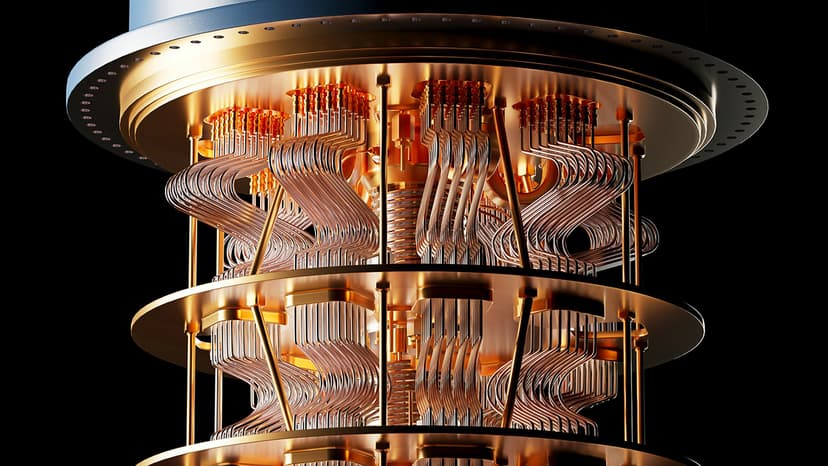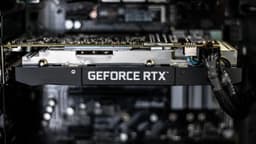Why Should You Care About MySQL Table Engines?
Are you a MySQL user aiming to optimize your database tables? The choice of table engine is a key factor that can enhance the performance of your database. Each table engine has distinct features, performance traits, and compatibility aspects. Selecting the right one can significantly improve the efficiency and functionality of your database.
InnoDB: The Workhorse of MySQL Table Engines
What makes InnoDB a top choice among MySQL table engines? InnoDB is reliable and supports transactions along with row-level locking. It is ideal for applications needing ACID compliance and high concurrency.
Key features of InnoDB include:
- Foreign key constraints
- Commit and rollback capabilities
- Crash recovery safeguards
InnoDB is well-suited for write-heavy workloads, making it a go-to option for applications that frequently modify data.
To create a new table with the InnoDB engine, use the following SQL query:
Sql
MyISAM: The Old Reliable Table Engine
What advantages does MyISAM offer? MyISAM remains a popular option due to its simplicity and fast read performance. It is great for read-heavy applications where data changes infrequently and transaction support is not critical.
Key points about MyISAM include:
- Full-text indexing for efficient text searches
- Less robustness compared to InnoDB
- No support for ACID transactions
To create a new table using the MyISAM engine, specify it in your SQL query:
Sql
Other Table Engines to Consider
Are there other table engines worth exploring? MySQL provides several alternatives to fit specific needs and performance requirements:
- MEMORY: Best for temporary tables that use memory for fast access.
- ARCHIVE: Designed for large data storage with minimal disk space.
- CSV: Facilitates data import/export in CSV format for compatibility.
- NDB Cluster: Ideal for distributed environments where scalability is essential.
When choosing a table engine, evaluate factors such as data integrity, concurrency needs, storage efficiency, and available features. The right table engine will ensure your application operates smoothly as data grows.
Making the Right Choice for Your Database
How can you choose the best table engine for your MySQL database? Assess the needs of your application by considering the following questions:
- What type of data operations will the table perform?
- How important are data integrity and consistency for this table?
- What are the anticipated read and write patterns?
- Are any specific features or constraints necessary for the data?
By evaluating these factors, you can find the optimal table engine for each table in your database. You can use different table engines within the same database to meet various requirements.












